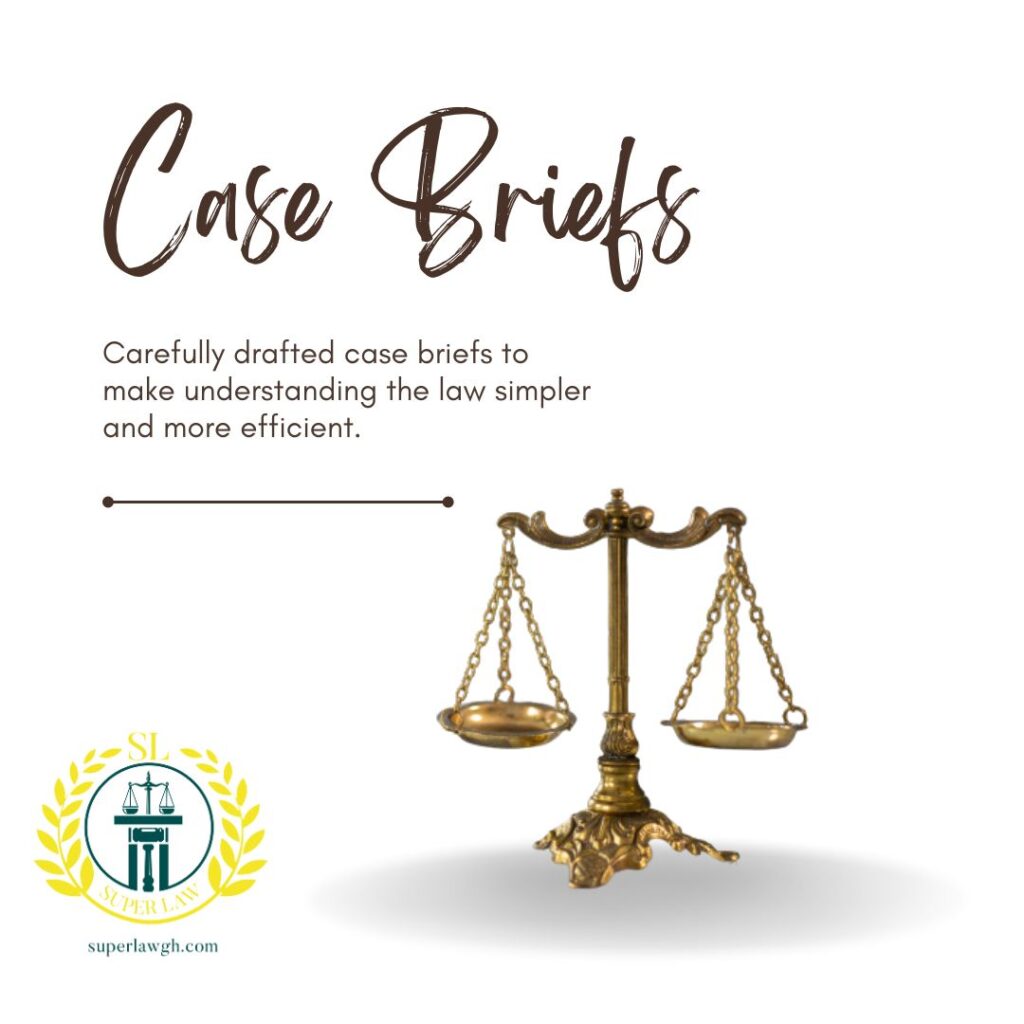The West African Examinations Council (WAEC) recently released a press statement on December 30, 2024, announcing the publication of provisional results for candidates who sat the WASSCE in Ghana.
Among the statistics shared on page 3 of the document, the details on examination irregularities were particularly alarming:
1. Subject results of 4,108 candidates were cancelled for bringing foreign materials, such as prepared notes, textbooks, and printed material, into the examination hall.
2. The entire results of 483 candidates were cancelled for possession of mobile phones during exams.
3. A total of 781 students had their subject results withheld, and 209 candidates had all their results withheld for various suspected offences.
4. Specifically, 319 candidates had their subject results withheld due to suspected collusion.
According to WAEC, the withheld results remain under investigation and may either be released or cancelled based on the outcomes of these investigations.
This blog post seeks to educate students and guardians on their rights, particularly in light of the landmark case of the Supreme Court in Marian Awuni v WAEC (Civil Appeal No. 9/2003) delivered on 21ST JULY, 2004, and to emphasize the importance of the right to be heard in matters of examination irregularities.
Key Rights of Students in Examination Irregularity Cases
1. Right to Notice and Hearing
WAEC may conduct preliminary administrative investigations, such as scrutinizing examination scripts, to detect irregularities. However, once WAEC forms an opinion that misconduct has occurred, it is required to notify the affected student(s) of the misconduct and provide an opportunity for them to be heard. This principle is fundamental and rooted in natural justice, ensuring students have a fair chance to defend themselves against allegations. Such notice must be adequate enough to permit the student and guardians to prepare their case, appear and make representations. No one should be rushed and hastily brought in without proper notice.
2. Right of Notice Even when Inconvenient
This Latin maxim, of Audi Alterem Partem, meaning “let the other side be heard as well,” is fundamental in matters of justice. WAEC cannot justify bypassing this principle by citing administrative inconvenience. Ensuring that every accused student has the opportunity to present their case is non-negotiable, as affirmed in the Awuni case. Compliance to this requirement is particularly heightened when one considers the numbers being dealt with.
3. Acting Within the Bounds of Its Regulations
WAEC must operate within the limits of its own regulations. For instance, if the rules stipulate that a single paper should be cancelled for a specific breach, cancelling an entire set of results would be considered an act ultra vires (beyond its legal power or authority). WAEC’s decisions must align with its established policies. Click here to view WAEC’s revised rules.
4. Notice and Hearing Required in All Cases
In the Awuni case, WAEC argued that its experience and expertise enabled it to detect collusion and foreknowledge of papers among candidates and that in the specific case, the misconduct was so “manifest” as to dispense with the requirement of a hearing. WAEC through affidavit evidence indicated that “the evidence in the scripts of the plaintiffs are so manifest that by its rules the respondent council as an examining body does not need to invite candidates to make representation. The practice is universal with all examining bodies” The Supreme Court rejected that view, instead insisting on the requirement that notice be given.
So it must again be emphasized that no matter how grievous the allegation or how glaring the evidence appears to be—it could be visible to the blind and audible to the deaf—it does not dispense with the requirement of a fair hearing. WAEC is still required to provide clear evidence and provide an opportunity for the affected students to be heard relative to their findings.
5. Monetary Redress for Past Breaches
Although Article 33(1) of the Ghanaian Constitution limits the prospect of damages in public law proceedings, the Supreme Court in the Awuni decision clarified that “redress” as stated in that article may include monetary compensation where breaches of rights have occurred. Accordingly, applicants coming under Article 33(1) may be entitled to monetary damages for the breach in the same action, and may not need to start fresh proceedings to obtain such damages in another action. There is however a proviso – applicants must ensure that their circumstances are on all fours with the Awuni decision as the precedent set in the Awuni case was limited to its specific facts.
What Students & Guardins Should Do
• Understand Your Rights: Familiarize yourself with WAEC’s regulations and the legal principles governing examination misconduct allegations.
• Respond to Allegations Promptly: If you are accused of irregularities, ensure you respond to any notice and present your case clearly.
• Seek Legal Assistance: Consult a lawyer if you believe WAEC has violated your rights, especially in cases where decisions appear disproportionate or unsupported by evidence.
Conclusion
The right to be heard is a cornerstone of justice and cannot be undermined in administrative processes. While WAEC plays a critical role in maintaining the integrity of examinations, it must balance this responsibility with adherence to principles of fairness and legality.
Yaw Nkansah Abankroh Esq.


